Apply for this course
Please select when you would like to start:
This course is subject to validation.
If you're a UK applicant wanting to study full-time starting in September, you must apply via UCAS unless otherwise specified. If you're an international applicant wanting to study full-time, you can choose to apply via UCAS or directly to the University.
If you're applying for part-time study, you should apply directly to the University. If you require a Student visa, please be aware that you will not be able to study as a part-time student at undergraduate level.
Why study this course?
Our Sport Psychology and Coaching BSc (Hons) degree will introduce you to the wide-ranging field of sports science and its relevance to competitive, community and participation levels of sport. You’ll explore how coaching and teaching involves varying skill sets across different sports and how they can be applied in varying environments. You'll also gain essential knowledge in areas including sport psychology, human movement, the social impact of sport and the value of applying sports development to an individual’s lifelong development.
Learn how to coach at every level
The coaching skills you’ll develop on this course will be equally applicable at both an elite performance and community level
Make use of our amazing facilities
We’ll help develop your coaching and teaching skills, providing access to a sports hall the size of six badminton courts and extensively-equipped sports science labs
Learn from industry professionals
Our teaching staff includes those with a wide range of coaching knowledge and qualifications up to international and world championship levels
Course details
In addition to the University's standard entry requirements, you should have:
- a minimum of 88 UCAS points from A levels including either Biology, Human Biology or Physical Education, or a minimum of 88 UCAS points from an equivalent Level 3 qualification eg BTEC Level 3 Extended Diploma/Diploma, Advanced Diploma, Progression Diploma or Access to HE Diploma with 60 credits
- GCSE English Language and Mathematics at grade C/4 or above (or equivalent)
If you don't have traditional qualifications or can't meet the entry requirements for this undergraduate degree, you may still be able to gain entry by completing our Sport Psychology and Coaching (including foundation year) BSc (Hons) degree.
Entry from appropriate foundation and access courses will also be considered.
Accelerated study
If you have relevant qualifications or credit from a similar course it may be possible to enter this course at an advanced stage rather than beginning in the first year. Please note, advanced entry is only available for September start. See our information for students applying for advanced entry.
Accreditation of Prior Learning
Any university-level qualifications or relevant experience you gain prior to starting university could count towards your course at London Met. Find out more about applying for Accreditation of Prior Learning (APL).
English language requirements
To study a degree at London Met, you must be able to demonstrate proficiency in the English language. If you require a Student visa (previously Tier 4) you may need to provide the results of a Secure English Language Test (SELT) such as Academic IELTS. This course requires you to meet our standard requirements.
If you need (or wish) to improve your English before starting your degree, the University offers a Pre-sessional Academic English course to help you build your confidence and reach the level of English you require.
Assessments will be through written and practical exams, practical reports, presentations, class tests and a final research dissertation.
Graduates often progress into careers in sports coaching at various levels from elite to community, PE teaching and positions within sporting organisations where they can make full use of their sport psychology knowledge. Recent graduates currently hold key roles with Premier League football clubs, such as Arsenal and West Ham United, involved with strength and conditioning and community coaching. Opportunities exist to forge these links, even before graduation.
If you study your undergraduate degree with us, as a graduate of London Met, you'll be entitled to a 20% discount on a postgraduate course if you continue your studies with us.
* exclusions apply
There will be a variety of equipment available to you throughout the course.
Exercise physiology equipment includes:
COSMED breath by breath gas analysers
woodway treadmills (Force, Pro XL, Mercury)
climate chamber
Biosen lactate analyser
BOD POD
blood analysers
dual energy X-ray absorptiometry scanner (DEXA)
Biomechanics equipment includes:
Kistler Force Platform
EMG
Watt bikes
2D motion analysis
Cybex Isokinetic Dynamometer
In both its delivery and practice, sport is embedded in socio-cultural issues that can define and therefore legitimise a particular sport. Such processes are not unchangeable, and the history of sport demonstrates there have been and continue to be challenges to societal norms. Some challenges came from individuals willing to buck the trend and stand up for what they believed in. Some came from political movements arising out of a disaffection with the status quo. The arrival of new nations in both post-colonial and post-1989 when combined with the growth of new sporting genres and the growth of sporting revenue streams has seen sport become an ideological battleground like never before. The contests that continue to shape modern sport are explored in the sociology modules that this degree offers.
Biomechanics is an area of science that is concerned with the analysis of the mechanics of human movement, or the study of how the human body moves. In sport, this is extended to cover the interaction of the athlete and the equipment they use, whether it be a bicycle, discus or pair of running spikes. Biomechanics may be broken down into areas of kinematics (how the body moves) and kinetics (the forces that act on the body to produce or inhibit the motion).
Please note, in addition to the tuition fee there may be additional costs for things like equipment, materials, printing, textbooks, trips or professional body fees.
Additionally, there may be other activities that are not formally part of your course and not required to complete your course, but which you may find helpful (for example, optional field trips). The costs of these are additional to your tuition fee and the fees set out above and will be notified when the activity is being arranged.
Discover Uni – key statistics about this course
Discover Uni is an official source of information about university and college courses across the UK. The widget below draws data from the corresponding course on the Discover Uni website, which is compiled from national surveys and data collected from universities and colleges. If a course is taught both full-time and part-time, information for each mode of study will be displayed here.
How to apply
If you're a UK applicant wanting to study full-time starting in September, you must apply via UCAS unless otherwise specified. If you're an international applicant wanting to study full-time, you can choose to apply via UCAS or directly to the University.
If you're applying for part-time study, you should apply directly to the University. If you require a Student visa, please be aware that you will not be able to study as a part-time student at undergraduate level.
When to apply
The University and Colleges Admissions Service (UCAS) accepts applications for full-time courses starting in September from one year before the start of the course. Our UCAS institution code is L68.
If you will be applying direct to the University you are advised to apply as early as possible as we will only be able to consider your application if there are places available on the course.
To find out when teaching for this degree will begin, as well as welcome week and any induction activities, view our academic term dates.



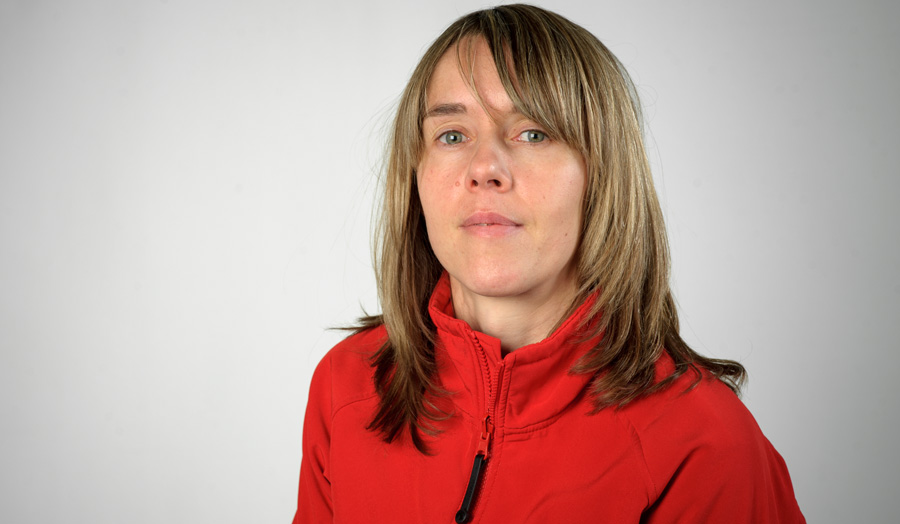
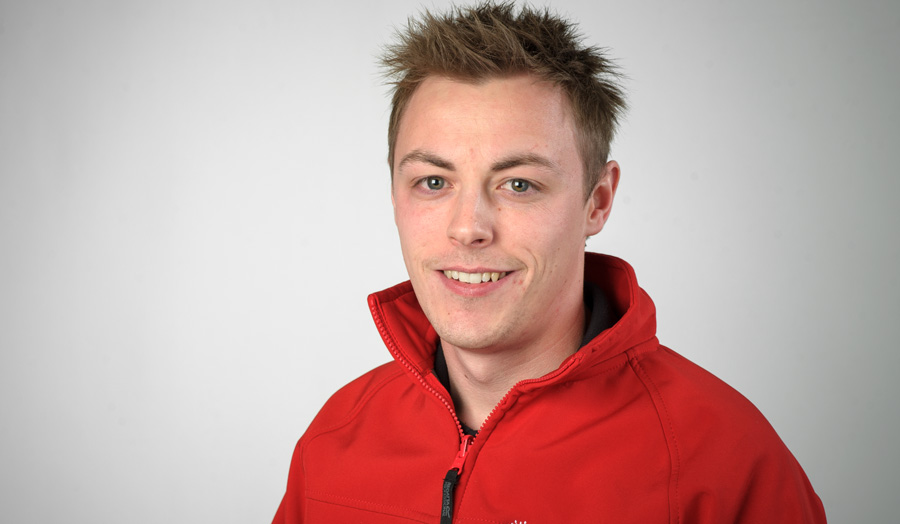
-9.jpg)
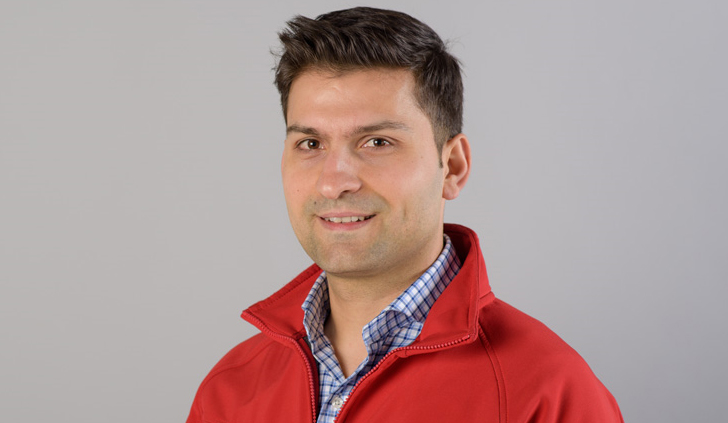

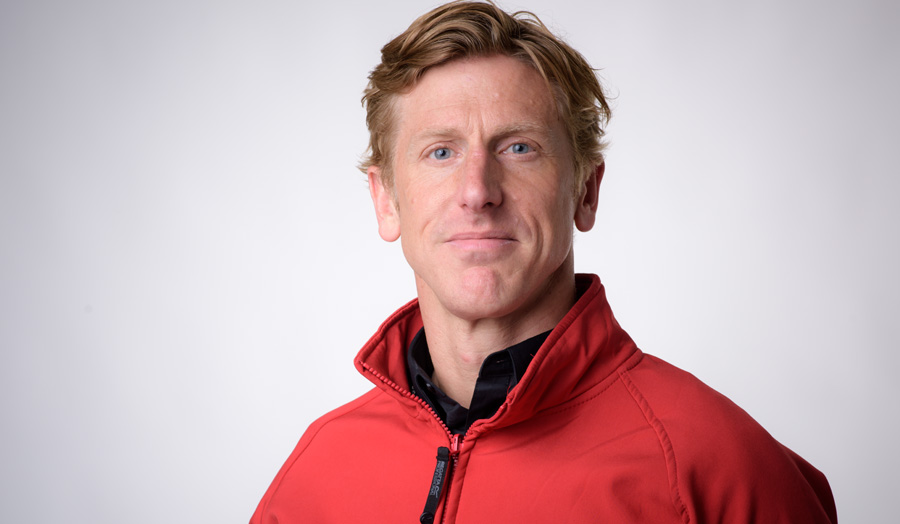
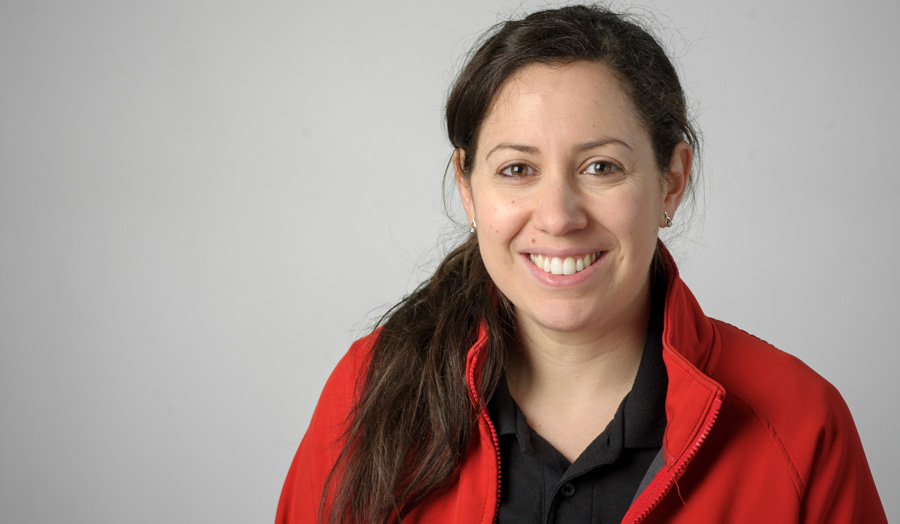
.png)

